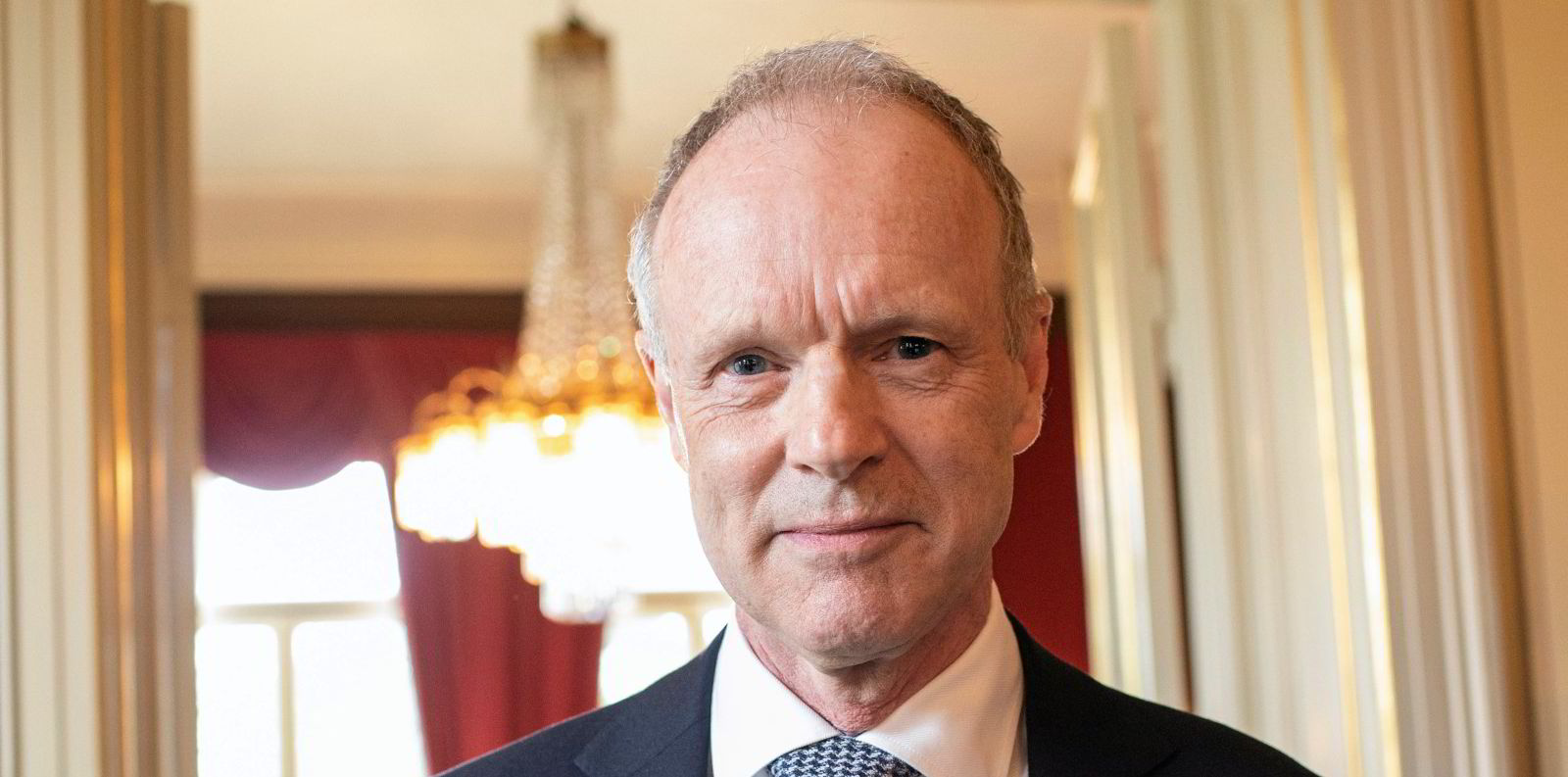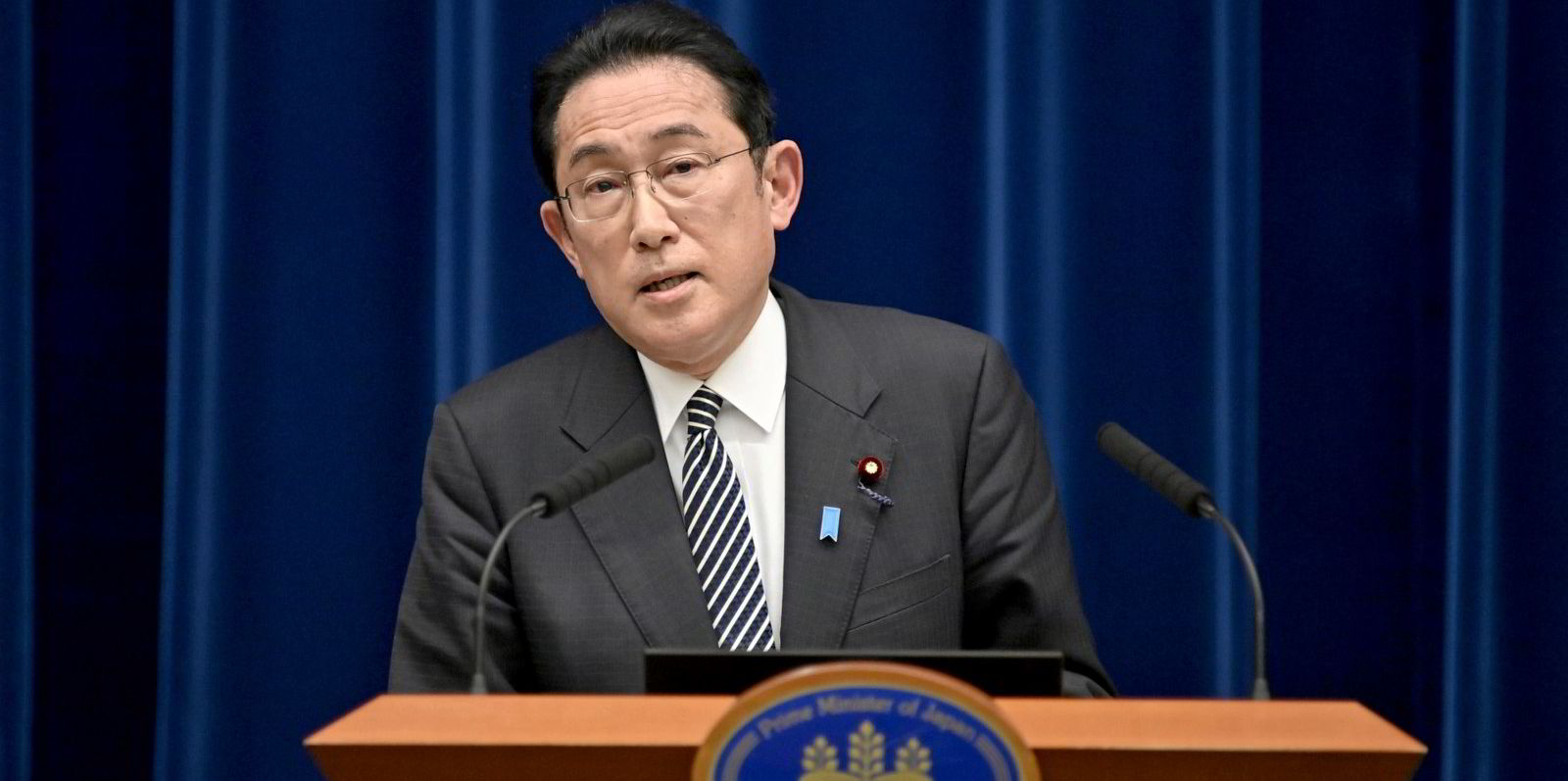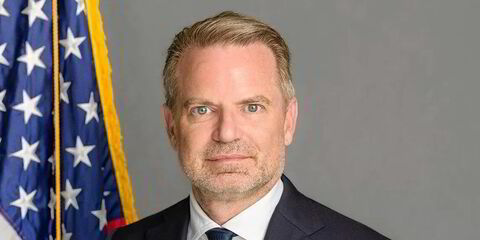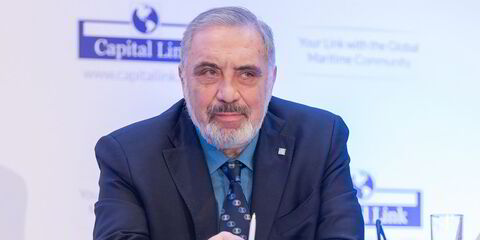Food and energy security have shot to the top of the political agenda, threatening to overshadow initiatives to cut shipping’s carbon pollution — at least in the short term.
A high-level meeting held in Oslo between political and business leaders during Nor-Shipping heard warnings of possible shortages of food and disruption to energy markets caused by Russia’s war against Ukraine.
Demands to ensure energy supplies to western Europe and grain shipments to African and Middle East nations will take some attention away from policy measures to accelerate the energy transition in the coming months, participants to the meeting called by the UN Global Compact said.
The warning came as the Intergovernmental Panel on Climate Change (IPCC) said limiting climate change to 1.5% would be beyond reach without immediate and deep emissions cuts.
“While the International Maritime Organization [IMO] has established emissions reductions targets, only strategies to improve fuel efficiency and demand reductions have been pursued, and there has been minimal commitment to new technologies,” the IPCC said.
Sturla Henriksen, special ocean advisor to the UN Global Compact, said the meeting was being held in challenging circumstances for governments and businesses.
“It is against the backdrop of the pandemic which has caused supply chain disruptions, erosion of public finances, and political tensions eroding the world order,” he said. “And then the tragic war in Ukraine, which is altering the entire geopolitical landscape. It is introducing a host of new challenges.”
During the pandemic, he said the World Food Programme claimed while there was sufficient food in the world, the problem was distribution.
“Now they are saying we are facing a potential food shortage. We have to consider how do we deal with that,” he said.
Ukraine and Russia produce around 16% of the world’s grain, with exports this year to be significantly reduced as a result of Vladimir Putin’s invasion. Spiralling energy prices caused by energy price hikes have cut fertiliser production in another blow to agricultural production.
The UN Global Compact is the private sector arm of the United Nations, and is the world’s largest corporate sustainability initiative with 20,000 companies and civil society organisations as members. It is chaired by the UN secretary general, Antonio Guterres.
Henriksen said the impact of cuts to Russian energy exports due to sanctions against the Putin regime would have a near-term impact on the energy transition agenda, but may rebound later.
“In the short-term, we will see a distraction and retraction to more fossil fuel-based energy sources which will contribute to accelerating further global warming.
“In the longer term, I hope and think that the move away from dependence on fossil fuels from parts of the world which have weaponised oil and gas will be a driver to push for the conversion to renewable energy.”
Leading the meeting held at the Norwegian prime minister’s residence were IMO secretary general Kitack Lim and UN Global Compact chief executive Sanda Ojiambo. The Norwegian government was represented by Bjornar Selnes Skaeran, minister of fisheries and ocean policy, alongside colleagues from India and the UK.
Among the shipping industry figures were Elizabeth Grieg of the Grieg Group, Morten Fon of Jotun, Rolf Thore Roppestad of Gard, and Rasmus Bach Nielsen of Trafigura.
Bach Nielsen, global head of fuel decarbonisation for the global trading house, said the meeting was very constructive.
“It is an absolutely excellent meeting of people working towards a common goal,” he told TradeWinds. “That is so valuable. It is another call to action, alongside the call to action led by the Global Maritime Forum, which now has over 240 signatories.”
Follow all of TradeWinds coverage from Nor-Shipping here.
(Copyright)




